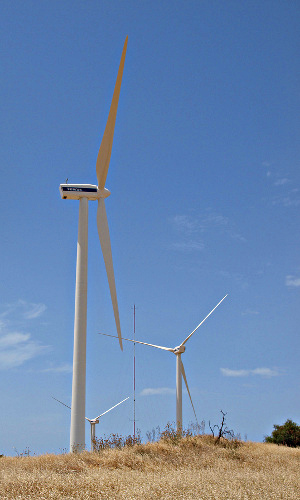Every once in a while I read a bed-time story my son Maxim. For those of you who don’t know him, is five and a half years old now. Today he, as usual, got ready for bed, picked the book to read, and was waiting for me. When I walked into the room, I got confused for a second, but decided to go with it. The book of the day – My First Bible. I won’t link to it, because I don’t recommend it, and if you don’t care about my recommendation you probably already have it anyway.
Now, the thing is that I don’t believe in religion. I don’t believe in bible. And I don’t believe in church. But on the other hand, I don’t want to limit Maxim’s options – it’s up to him if he wants to believe it or not. And given that we live in country where religion is important and is all around us, he at least has the right to know.
Anyway, we started reading. The first story was from the old testament and it was about The Garden of Eden. Maybe it was an oversimplified version of the story, or maybe the story is getting old, or maybe it has something to do with Maxim spending large chunk of his free time watching YouTube videos and playing Lego. But he missed the meaning of the first couple of paragraphs, so we went back. And the we got into this conversation which made reading the book a real pain. It went something like this:
– At first, there was nothing. Nothing to see, nothing to touch, nothing to hear. It was dark, empty, and cold. Then god created light.
– Dad, who is god?
– Well, you see, it’s this guy. As it says here, it was like a very dark room before – nothing to see, etc. This guy called god switched the light on.
– Ah, OK. But where did he come from? There was nothing …
– Ehm … I don’t know. Let’s read further, maybe the story will explain.
– OK.
It didn’t. It just got even more confusing. We agreed on god being a gardener, because he created a garden and a whole bunch of things in it. We got a bit surprised by god working on Saturday, because nobody works or is supposed to work during the weekend. And then we came across the apples. Apples are supposed to be “good for you”, as per Maxim’s food classes in the kindergarten. So, if not apples, what else was there to eat? And then how come you get smart from eating apples? You need to study at school and read books to become smart. Apples have nothing to do with it. And then there was this snake, which was created by god also, as part of everything else – what was the snakes problem? And then they ate the apples and god got angry with them and kicked them out of the garden. So where did they go?
Maxim probably didn’t ask some of these questions, but asked some of the others that I forgot, but one thing is for sure – there were a lot of questions and a lot of the story didn’t make sense. But we managed to finish it.
I didn’t want to leave him puzzled and confused, so we decided to also read the next story. That one was about Noah’s Ark. That one was much simpler in plot, but way more horrifying. For no particular reason god decided to kill everyone and everything on the planet, except for this Noah guy and his family, who he made to build a ship, which he wanted to host a pair of each living creature and enough food for them. How big was the ship, how much food did they all need, and why not get rid of mosquitoes and angry dogs at this stage remained uncertain. The idea of killing everyone for no apparent reason seemed like a silly thing to read for the bed time. So I closed the book, turned everything into a joke, and convinced Maxim that it was all a bad fairy tale and that none of this is real. We played some Lego after that, talked about Star Wars and Indiana Jones, and I left him to that.
I’ve heard quite a few people joking about introducing bible stories to kids before. But I never thought that those jokes might be so close to reality. But, of course, don’t forget that I am biased.
